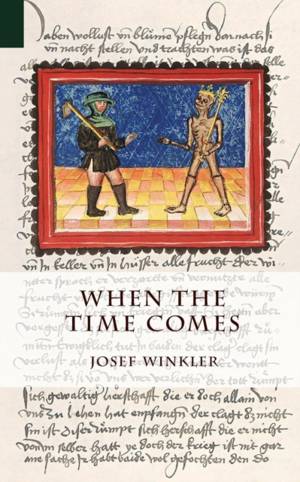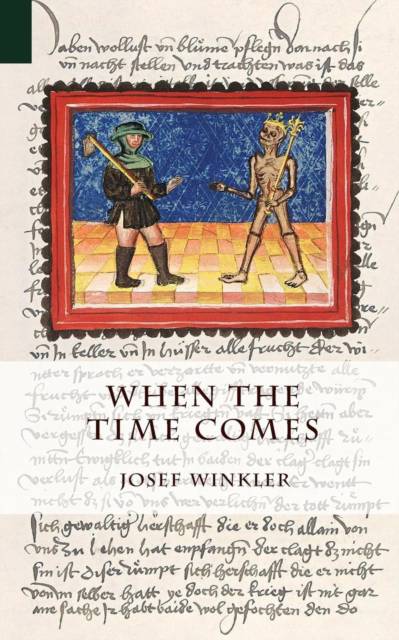
- Afhalen na 1 uur in een winkel met voorraad
- Gratis thuislevering in België vanaf € 30
- Ruim aanbod met 7 miljoen producten
- Afhalen na 1 uur in een winkel met voorraad
- Gratis thuislevering in België vanaf € 30
- Ruim aanbod met 7 miljoen producten
Zoeken
Omschrijving
In the years before the Second World War, a man throws a statue of the crucified Christ over a waterfall. Later, in Hitler's trenches, he loses his arms to an enemy grenade. The blasphemer, screaming in agony, presided over by Satan, who pours a cup of gall into his open mouth, is portrayed amid the flames of Hell in a painting by the parish priest that is mounted on a calvary where the two streets in the cross-shaped village meet. Thus begins When the Time Comes, Josef Winkler's chronicle of life in rural Austria written in the form of a necrology, tracing the benighted destiny of a community through its suicides and the tragic deaths that befall it, punctuated by the invocation of the bone-cooker whose viscous brew is painted on the faces of the work horses and the haunting stanzas of Baudelaire's "Litanies of Satan." In a hypnotic, incantatory prose reminiscent at times of Homer, at times of the Catholic liturgy, at times of the naming of the generations in the book of Genesis, When the Time Comes is a ruthless dissection of the pastoral novel, laying bare the corruption that lies in its heart. Writing in the vein of his compatriots Peter Handke, and Elfriede Jelinek, but perhaps going further in his relentlessness and aesthetic radicalism, Josef Winkler is one of the most significant European authors working today.
Specificaties
Betrokkenen
- Auteur(s):
- Uitgeverij:
Inhoud
- Aantal bladzijden:
- 228
- Taal:
- Engels
Eigenschappen
- Productcode (EAN):
- 9781940625010
- Verschijningsdatum:
- 3/10/2013
- Uitvoering:
- Paperback
- Formaat:
- Trade paperback (VS)
- Afmetingen:
- 127 mm x 203 mm
- Gewicht:
- 231 g

Alleen bij Standaard Boekhandel
+ 44 punten op je klantenkaart van Standaard Boekhandel
Beoordelingen
We publiceren alleen reviews die voldoen aan de voorwaarden voor reviews. Bekijk onze voorwaarden voor reviews.











